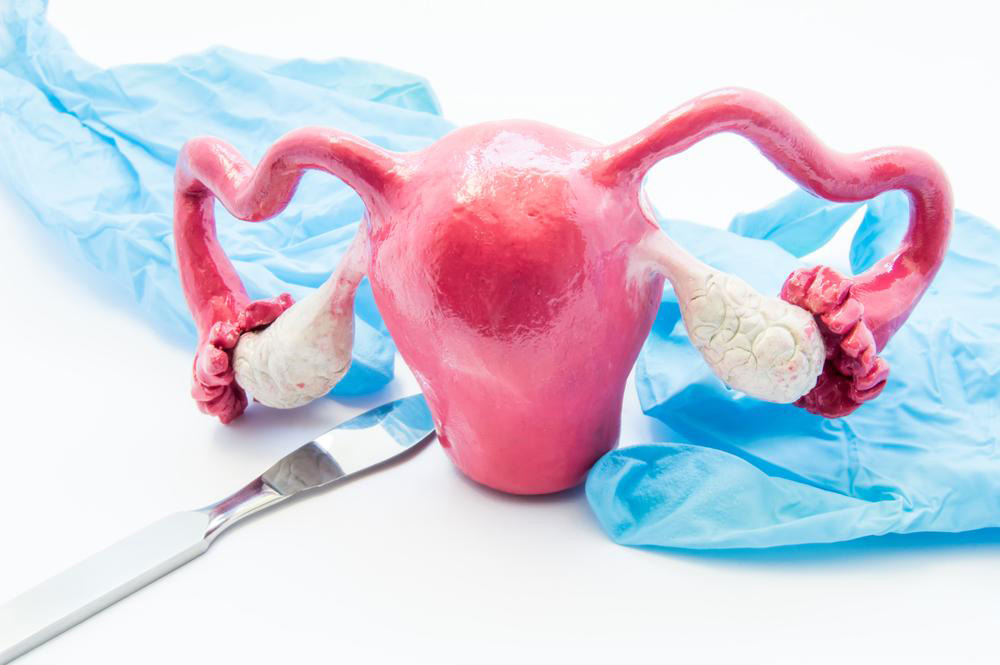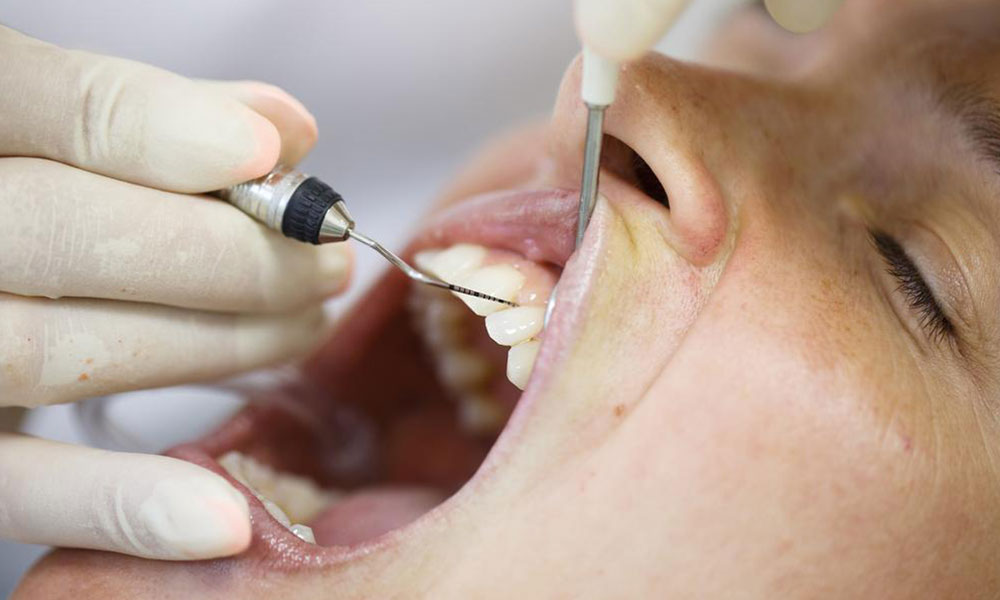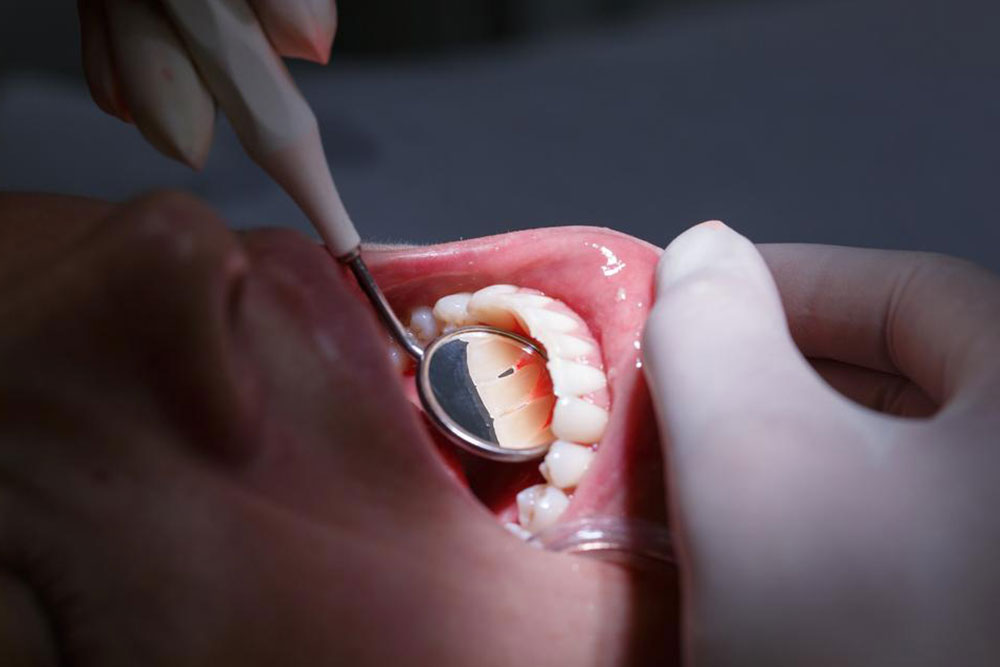Risks of tubal reversal surgery
Many women around the world regret their decision of tying the knot and opt for its removal through a tubal removal surgery. But tubal reversal may not turn out to be successful for all. Like all other surgeries, tubal reversal surgery also has its own set of risks. Some of these risks and complications are listed below.
Chances of ectopic pregnancy
Tubal reversal surgeries have been long known to increase the chances of ectopic pregnancies.

Infection due to tubal reversal surgery
Almost 5 percent of patients report of having an infection at the operated site after a tubal reversal surgery. Surgical site infections are not that serious, but if they are supposed to develop, then they will do so within 30 days. Now you must be wondering why these infections arise. They mostly arise due to invasion by microorganisms. Microorganisms may have come in contact with your body either through the air or may have been introduced through the surgical instruments if they were not sterilized properly.
Tubal reversal surgery is not a massive one, but small infections may arise at the site of operation. The signs through which you can understand that you have an infection are
A mild to high fever
Pain at the site of infection, that is, at the site of operation
A redness related to the infection
Considerable swelling of the portion of infected area
Slow healing process
Added warmth around the infected area
Bleeding due to tubal reversal surgery
Bleeding is always involved in any surgical process. But when bleeding turns out to be excessive, then it is dangerous. It is rare to require a blood transfusion, but when bleeding exceeds a certain limit, then blood transfusion is a must. There are rare instances when a patient dies from excessive bleeding.
A little bit of bleeding may occur and that is completely normal, but if you see that the rate of bleeding is even more than your menstrual flow, then you should definitely contact your doctor. Changing your tampon or pad more than once in an hour is certainly not normal and can lead to serious complications. Tubal reversal surgery doesn’t require you to stay overnight and is usually an outpatient procedure, but if you have any unnatural bleeding, then your healing will be automatically delayed.




